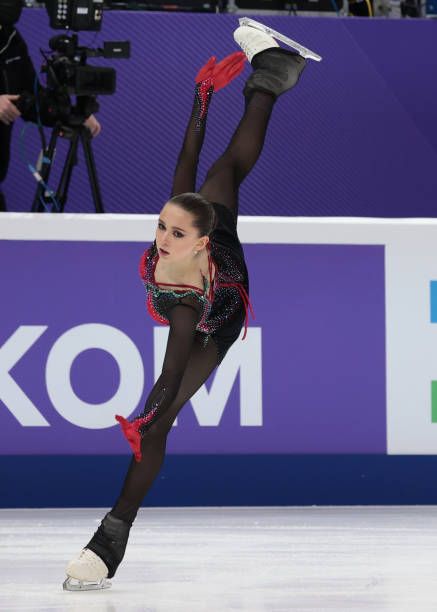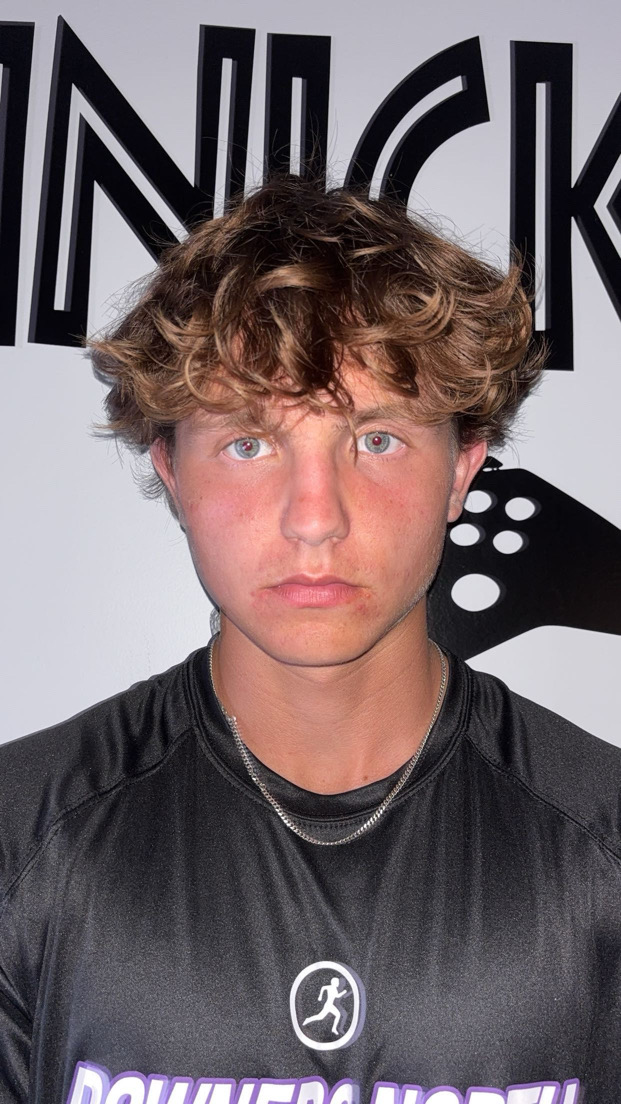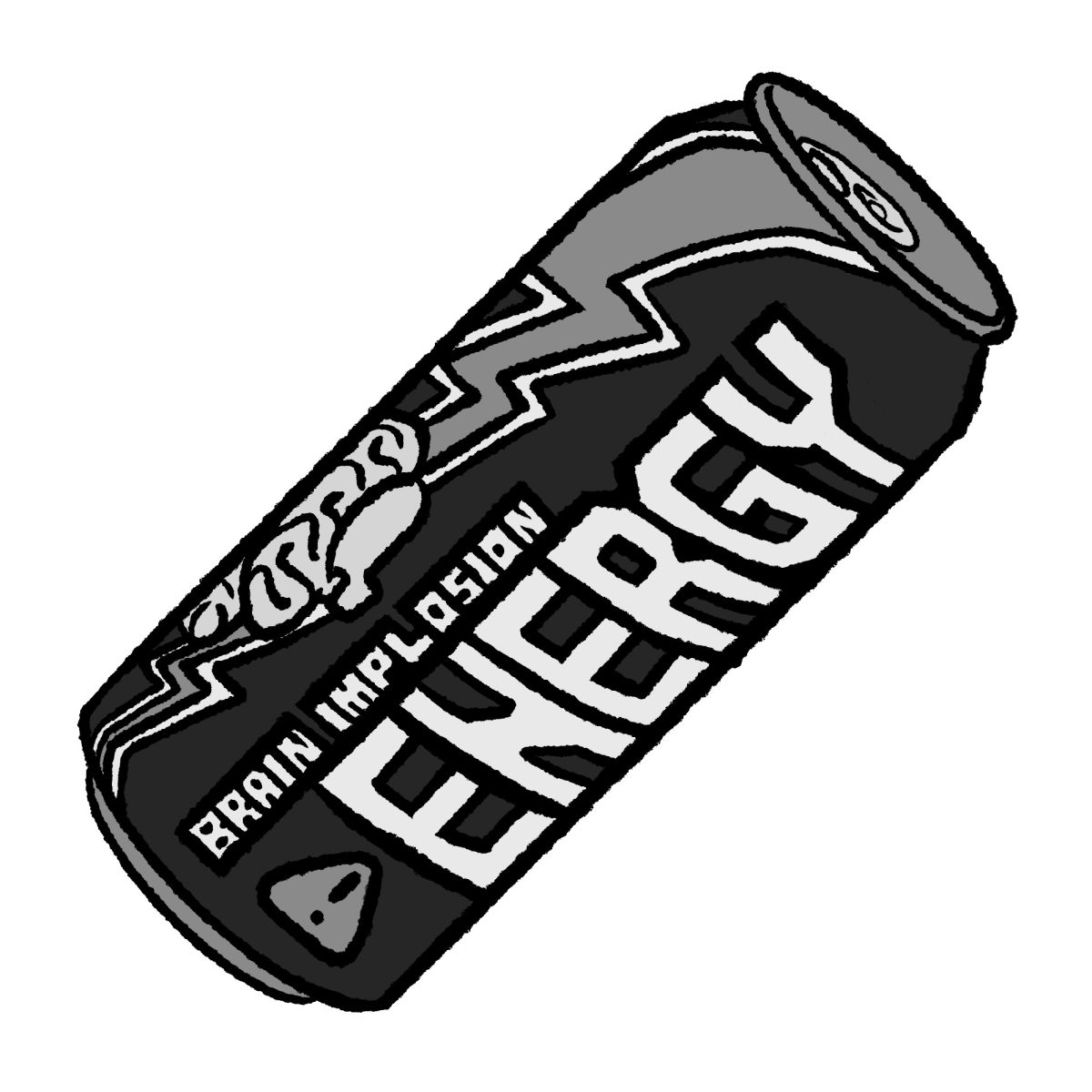Kamilla Vallieva Doping Controversy
MOMENTS AFTER DISASTER: Kamilla Valieva competes after doping scandal
May 10, 2022
On Feb 8, it was revealed that the Russian skater, Kamilla Valieva tested positive for doping, a situation that Russia is far too familiar with. She had traces of trimetazidine in her system, a performance enhancing drug that was added to World Anti-Doping Agency (WADA) banned substance list in 2014.
However, Valieva’s situation does not fall under the normal procedures of an Olympic suspension. Under WADA guidelines Valieva is considered a “protected person” meaning she is under the age of 16. Because of this, she will be subject to limited punishments, the minimum of which may simply be verbal reprimanding. So, it was decided that the Court of Arbitration for Sport would allow Valieva to compete in her last event of the Olympic games, the individual free skate.
AFTERMATH
The chaos did not end there, all eyes were on Valieva as she competed for her final event Feb. 17. After taking first in qualifications, she proceeded to fall short of a medal in the final round despite being the favorite to win.
You can assume the global media scrutiny the young teen had to face just days before did not leave her head when she was out on the ice. After falling four times in the performance Valieva left the floor in tears.
Shortly after her disappointing performance, the medal ceremony was held where another ROC figure skater and teammate of Valieva, Alexandra Truvosa, was moved to tears on live television, ecstatic over her silver place finish.
In this moment, you could truly see the ROC Olympic skaters become wedged apart. While some may see this as a lack of sportsmanship, I truly thought it was a testament to the harsh treatment these teenage athletes endure.
ROC Olympic figure skating coach Eteri Tuberidzedze has faced criticism in the media for her relentless, and at times cruel, coaching style.
Over the course of her coaching career, there have been a large number of athletes that have retired prematurely due to extensive injuries, eating disorders, and mental health reasons.
COMPARISONS
Now it comes down to how to fix this messy system. It is imperative that the Olympic committee holds not just the athlete accountable for doping, but the coaches and figure skating officials around them, especially if said athlete is just a young teen.
Whether that is conducting a full investigation on the affair or eliminating a system where 15 year olds can be subjected to dangerous drugs, there needs to be a change.


























